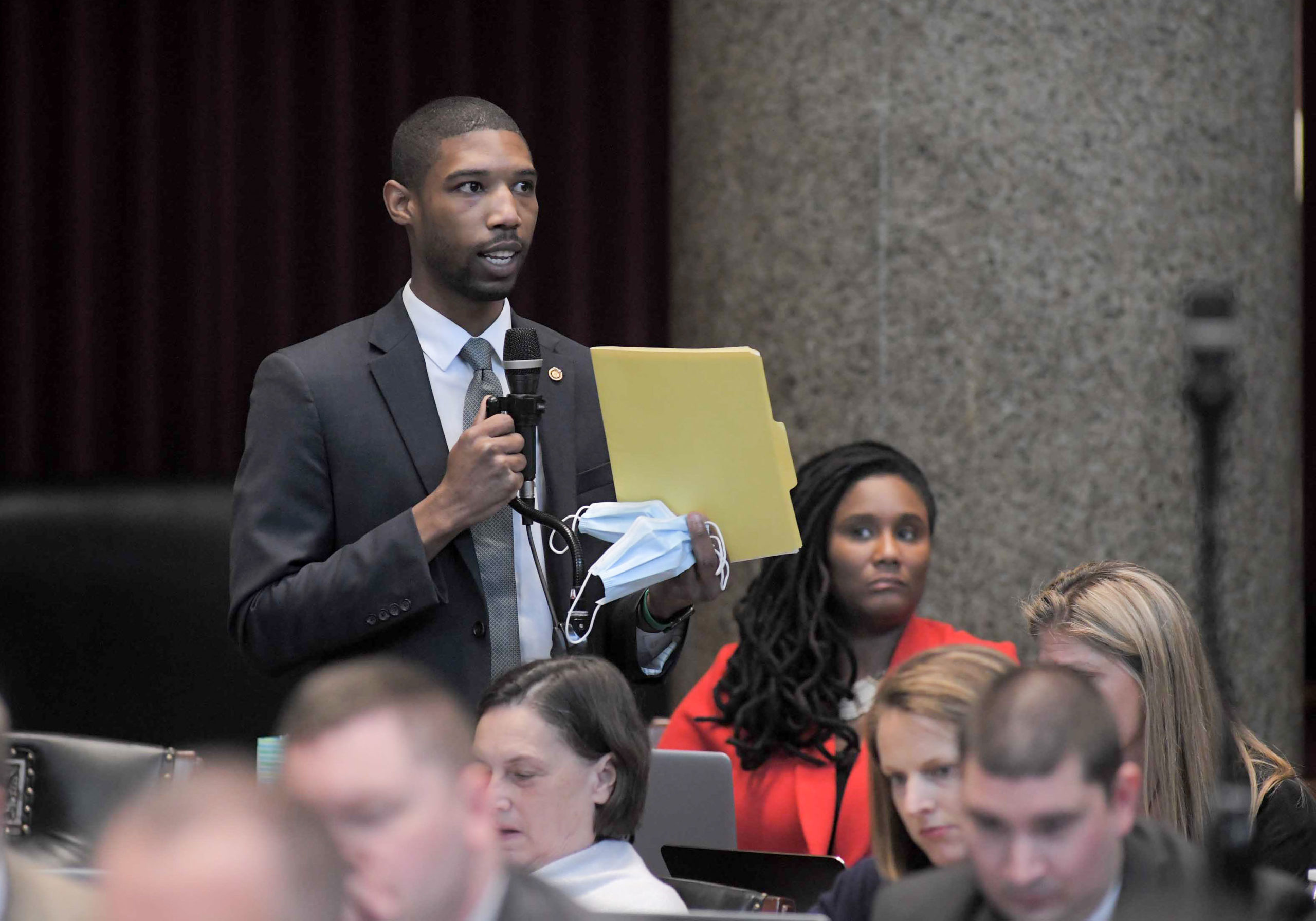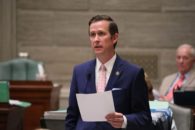A new study from the Scholarship Foundation of St. Louis said Missouri’s state scholarship programs were failing students in need of financial aid, a finding Rep. Kevin Windham hopes to address during the upcoming legislative session.
While around 12 percent of Missouri’s college students are Black, Black students received less than 2 percent of awards from the Bright Flight, Fast Track, and A+ programs in 2019-2020, according to the report. Need-based programs Access Missouri and Fast Track received a little more than half of the state’s FY20 scholarship budget despite contributing to only about 65 percent of the year’s honorees.
The disparity also included low-income rural students who received 13-29 percent of state scholarships despite making up 37 percent of the population.
The A+ and Bright Flight programs received 48 percent of the scholarship budget, directing funds to households with incomes between $91,550 and $108,107, respectively — the latter of which is nearly twice the state’s median household income of $54,478.
“For the state of Missouri to set up its students for long-term success, education must first be more equitable in the form of financial assistance,” the authors of the report said. “The four programs as they currently exist are disjointed and should be significantly restructured in order to better serve students.”
Windham said the system needed to be revamped and recalled his own experience facing student loan debt in an interview with The Missouri Times, noting the A+ program only covers programs at community colleges and technical schools.
“It’s hampering opportunity in the state by putting folks in a situation where they have to take out more loans,” Windham, a Democrat, said. “It hampers students who may be under the impression that the A+ Program gets them ‘free college;’ they could be left needing loans down the line to go to a four-year institution. That’s how the broken promises of these programs can hurt students.”
Windham wasn’t sure what the right solution is, but he hopes to start the conversation and gauge stakeholders to come up with possible legislative fixes. He plans to engage students, educators, financial aid administrators, and more to sponsor multiple avenues for reform next year.
Possible changes suggested by the report included increasing award amounts, adjusting test score requirements to make scholarships more accessible, and removing community service requirements for high schools administering A+ scholarships.
The Department of Higher Education and Workforce Development, which administers the programs, is willing to evaluate the programs with input from stakeholders, according to spokesperson Jessica Duren.
“As we engage in conversations about setting statewide goals and a new strategic plan for higher education and workforce development, equity is top of mind. We are constantly looking for ways to improve our programs through engagement with financial aid professionals, college and university leaders, and high school counselors,” Duren said. “We will continue to work with students and counselors to raise awareness of all financial aid opportunities and we welcome working with the General Assembly to explore statute changes that could make our state aid programs more equitable.”
Windham said data should be presented to lawmakers regularly so they can monitor and enact reforms where needed. He said the General Assembly already works through a “mountain” of reports every year but argued the information was vital for a legislature focused on education and workforce development.
“This is a priority for me, and I definitely plan on proposing legislation to address it,” he said. “I’ve got personal experience with this and it’s something I plan on staying on top of. I hope it will be a priority for the legislature and our governor next year.”
However, Sen. Cindy O’Laughlin, a Republican who chairs the Senate Education Committee, said the report’s recommendation to focus more on race or economic factors would make the programs more “politically driven” than based on academics.
“While I understand the push to support students with high financial need I also understand scholarship programs, at least in part, are in place to recognize student effort and achievement,” O’Laughlin said in an email to The Missouri Times. “It may be that the programs should be reviewed to determine if the results are what we would expect, but it’s premature to assume all programs should be reconfigured in their entirety. I believe we must recognize those students who work hard and achieve results, regardless of financial need or other factors.”
The Scholarship Foundation of St. Louis is an educational nonprofit that has been active in the St. Louis Area since 1920. The report was a collaboration with the League of Student Advocates, which is focused on education policy in Missouri and Illinois.

Cameron Gerber studied journalism at Lincoln University. Prior to Lincoln, he earned an associate’s degree from State Fair Community College. Cameron is a native of Eldon, Missouri.
Contact Cameron at cameron@themissouritimes.com.


































